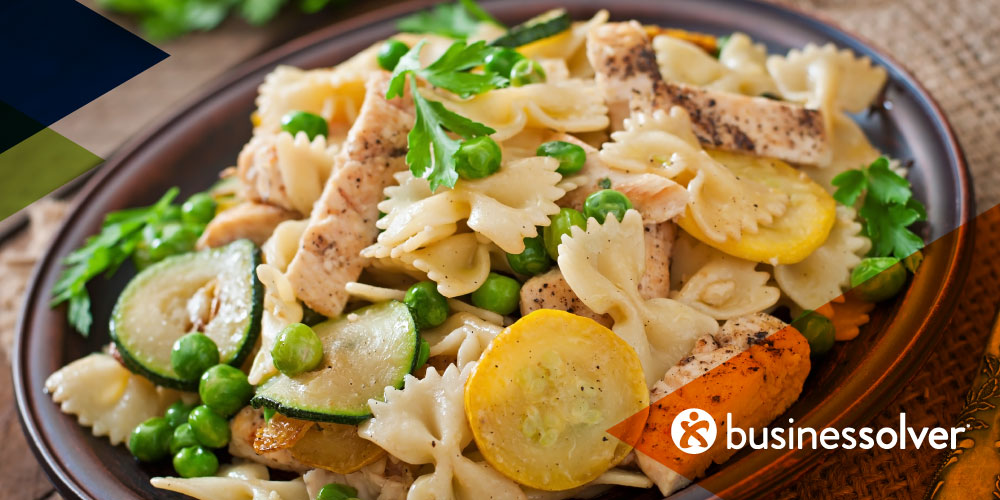Raise your hand if you've dusted off your baking tools, managed to get your hands on some yeast and tried your hand at baking while in quarantine?

During this pandemic, many people who've previously never thought about baking took up the activity either out of boredom or necessity. Since the novel coronavirus has ravaged the US and states have gone into complete lockdown, many are sheltering in place and going to the store less often. This is a good thing to flatten the curve and stop the spread, but challenging to a balanced diet which calls for veggies and fruit.
Recipes that rely on pantry staples like pasta or items that last longer in the fridge like cheese have taken over social media and have dominated the dinner tables around America. And frankly, we've needed some comfort food to get us through the stressful nature of this unprecedented "new normal." However, it's important to point out that despite being cooped up in our homes, there are a few ways to still get some greens onto our plates. Here are a few easy ways to start practicing good nutrition despite being in lockdown.
- Frozen isn't bad. Buying frozen veggies is a great way to maintain a healthy diet, despite being stuck inside. Adding frozen broccoli or peas to a pasta dish is a delicious way to add those important vitamins and minerals otherwise absent. Additionally, frozen spinach is a great addition to your morning smoothies!
- Good fresh keeping. Now, I've noticed when I go to the store that many frozen veggies are absent from the freezer due to high demand whereas the fresh section is always well stocked. But many are worried that if they buy the fresh stuff, it will go bad before they can use them. In order to keep your veggies fresh there are a few tricks you can use to lengthen their life cycle in the fridge. For example, placing your asparagus in an inch of water, like a plant, in your fridge can extend their life for up to five or six days. You can use the same strategy with your herbs! Also, making sure to clean all fresh produce before you store them is a great best practice during COVID-19 and also to rinse away any impurities that could cause pre-mature rot. Cucumbers and carrots naturally last longer and can be a great addition to any salad. Storing carrots in cold water in the fridge can also extend their shelf life.
- Keep to a routine. It's easier said than done when all of our regular activities have been put on hold. But right now, when we are all looking for comfort, to find it on the couch with our favorite show and a bowl of popcorn in our laps on more nights than not isn't a good way to keep healthy. Of course, this is fine every once in a while, don't make being a couch potato a habit. Be sure you're also mixing it up by taking a walk (at a safe distance as always) or doing an online yoga class to break up the day. You can try any of my free workouts here.
Staying healthy in a crisis is hard and comfort food helps with that stress. But it's important to keep in mind that we only have one body, and taking care of that body is also a great thing to focus on in a crisis. For more tips, check out my video below.
For more resources visit our page below.



